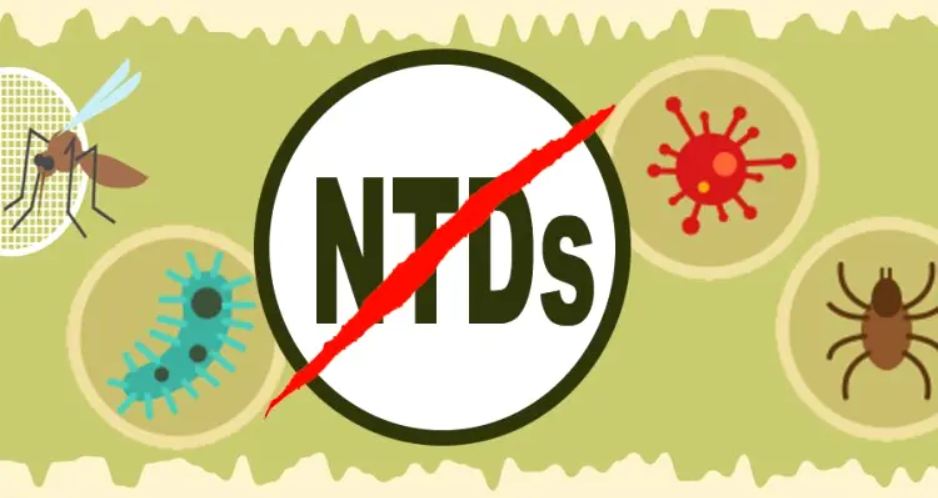AESA PROGRAMMES
- Building R&D Infrastructure
- Developing Excellence in Leadership, Training and Science in Africa (DELTAS Africa)
- Human Heredity and Health in Africa (H3Africa)
- Africa’s Scientific Priorities (ASP)
- Innovation & Entrepreneurship
- Grand Challenges Africa
- Grand Challenges Innovation Network
- Rising Research Leaders/Post-Docs
- AESA RISE Postdoctoral Fellowship Programme
- African Postdoctoral Training Initiative (APTI)
- Climate Impact Research Capacity and Leadership Enhancement (CIRCLE)
- Climate Research for Development (CR4D)
- Future Leaders – African Independent Research (FLAIR)
- Critical Gaps In Science
- Clinical Trials Community (CTC)
- Community & Public Engagement
- Mobility Schemes: Africa-India Mobility Fund
- Mobility Schemes: Science and Language Mobility Scheme Africa
- Research Management Programme in Africa (ReMPro Africa)
- Science Communication/Africa Science Desk (ASD)
- Financial Governance: Global Grant Community (GGC)
- AAS Open Research
- CARI Programmes
- Evidence Leaders Africa (ELA)

News
Scientific research key to tackling NTDs says leading researcher

165
Scientific research key to tackling NTDs says leading researcher
Nana Amissah is a Ghanian research scientist, specialising in Neglected Tropical Diseases (NTDs). Dann Okoth, a freelance science journalist based in Nairobi, Kenya sat down with her during the World NTDs day observed on January 30, to discuss strides made in tackling the disease.
What is the current status of Neglected Tropical Diseases (NTDs) in Sub-Saharan Africa?
Targets set to control, prevent, and eliminate some NTDs through early detection and treatment were achieved. The number of people requiring intervention has reduced by 25% globally between 2010 and 2020 according to WHO. Millions of people at risk for NTDs have received treatments thanks to increased funding and the development of mass drug administration initiatives. Additionally, innovative strategies like integrated NTD control and the application of new technology has enabled and increased access to healthcare. Despite this progress, NTDs remain a major public health concern, especially in rural areas of sub-Saharan countries.
What are some of the challenges in tackling the NTDs on the continent?
In rural areas where NTDs are the most prevalent, access to healthcare and drug shortages are significant issues. The healthcare centers are under resourced with the equipment and personnel for diagnosis of NTDs, hence it takes about a week to obtain results from the diagnostic centers in research institute and teaching hospitals. This leads to delayed treatment of patients. Although treatment of NTDs is free, patients are unable to access healthcare due to poverty (lack of funds for transportation to healthcare center) In addition, it may be challenging for some people to access medical care and get treated because of poverty, illiteracy, and a lack of knowledge about NTDs. The stigma attached to NTDs must be reduced in order to increase demand for treatment.
How did COVID-19 impact efforts to address NTDs and what is the way forward?
The exact number of people affected with NTDs in Sub-Saharan Africa during the COVID-19 pandemic is not known. The COVID-19 pandemic had a major impact on the control and elimination of NTDs as resources were redirected towards treatment of COVID-19. This hindered monitoring and treatment of NTDs, leading to delayed identification and treatment of patients. Access to healthcare centers was also restricted during the lockdown, severely limiting the ability to combat NTDs. Since the COVID-19 situation subsided, several NTD control programs have resumed activity in an effort to make up for lost time and prevent the spread of these diseases.
Point us to some of the scientific innovations, approaches and discoveries helping to address NTDs in Africa and why you think they’re a game-changer?
The development of new treatment options for example, the identification of a new compound (AN15368) for the treatment of Chagas disease and the introduction of amoxicillin and clavulanate co-administered with rifampicin and clarithromycin for Buruli ulcer treatment is ongoing to shorten the duration of treatment from 8 to 4 weeks. Development of point-of-care diagnostic tests for early detection of Buruli ulcers is underway, this will improve diagnosis tremendously. Studies investigating the reservoir, vector, and mode of transmission are still underway to improve the prevention of Buruli ulcers. Furthermore, a combination of several control initiatives such as increased access to safe drinking water and sanitation has proven highly effective in reducing exposure to NTDs in the long run.
What is the role of scientific research in tackling NTDs and what more can organisations such as African Academy of Sciences (AAS) do to strengthen the medical research ecosystem in the continent?
To develop successful interventions and control strategies to prevent, diagnose and treat NTDs, scientific research provides the data, evidence and understanding required. This includes investigating the transmission dynamics and epidemiology of NTDs as well as developing new diagnostic methods, medications, and vaccines. In addition, research aids in targeting interventions and identifying the most vulnerable populations. Therefore, scientific research is crucial to the global effort to eradicate NTDs in sub-Saharan Africa and enhance the health and well-being of the affected communities. By fostering and advancing excellence in scientific research, policy and innovation, the African Academy of Sciences (AAS) contributes significantly to enhancing the African ecosystem for medical research. The AAS accomplishes this by offering scientists and researchers a forum for discussion and collaboration, by offering young scientists training and capacity-building opportunities and by providing financial support for research and innovation in Africa. The AAS promotes the application of scientific research to real-world problems to enhance health and wellbeing in Africa.
Dr. Nana Ama Amissah is a Cohort 1 Fellow of the African Postdoctoral Training Initiative (APTI). APTI is a programme implemented by the African Academy of Sciences (AAS) with the support of the National Institutes of Health and the Bill & Melinda Gates Foundation. The views expressed herein are those of the author and not necessarily those of the AAS and her partners.